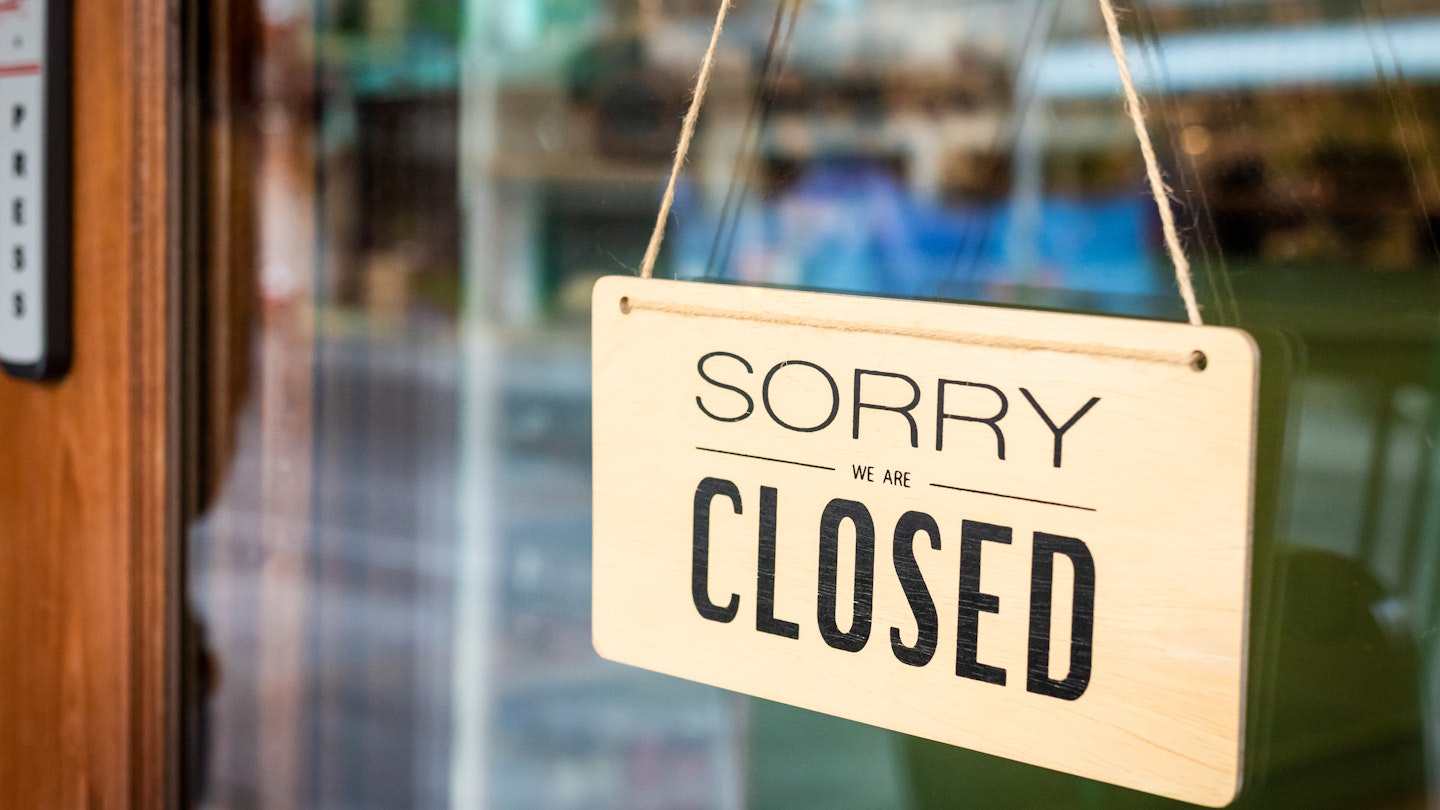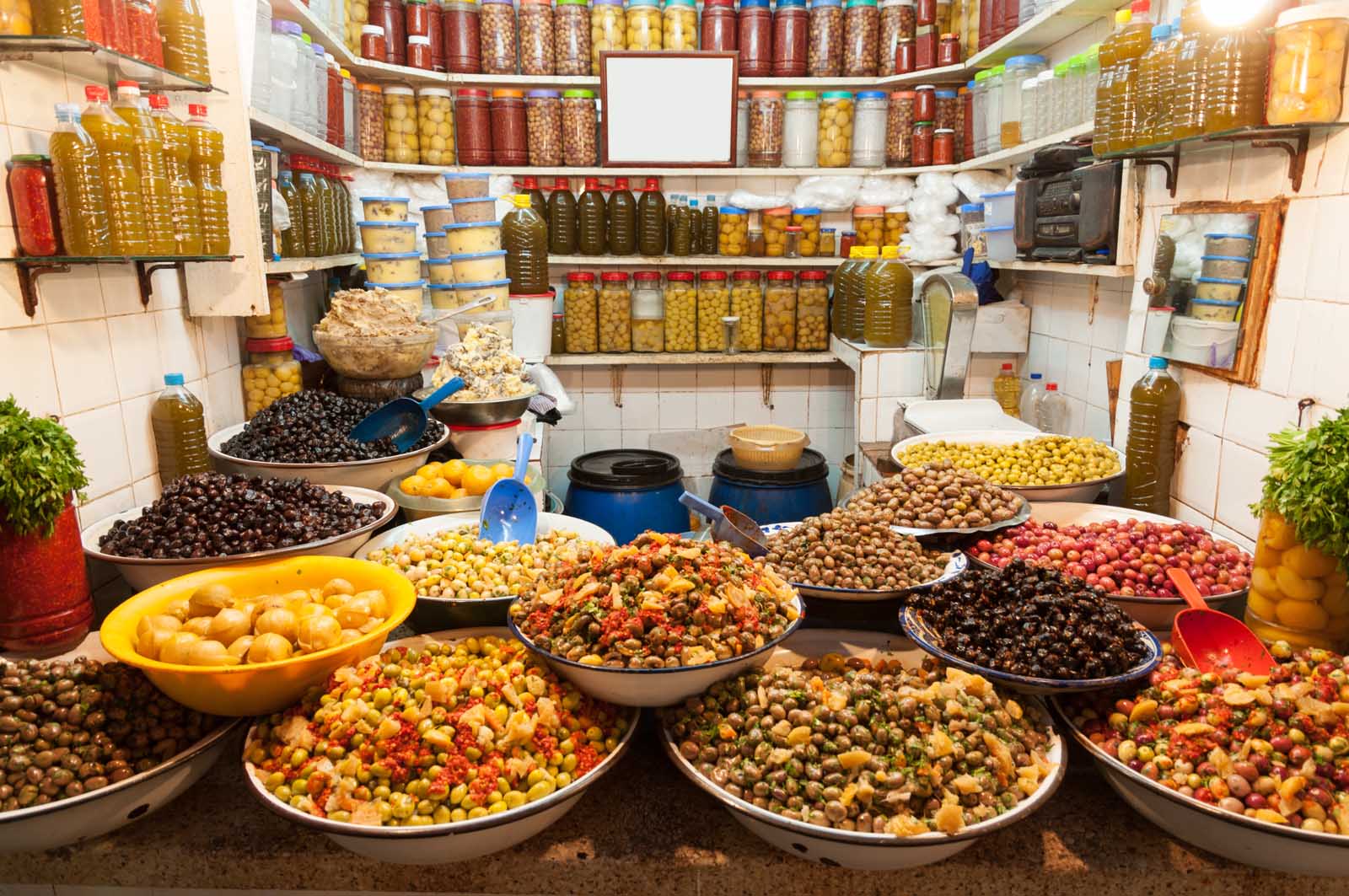As the COVID-19 (coronavirus) pandemic continues to spread in the US, each state’s governor’s office is handling the situation differently, especially as it pertains to events and destinations of interest to travelers. This is a fluid situation, and this article will be updated periodically with more information. For more, please visit the home page or health department web page of each individual state.

State Regulations
Alabama: Eliminating gatherings of 50 or more, or any gathering that cannot maintain a consistent 6ft distance between participants. Retail businesses, including restaurants, must limit patronage to 50 percent of their normally allowable capacity.
Alaska: Recommends cancelling in-person events of 50 or more for the next 8 weeks.
American Samoa: Strengthened border requirements and restrictions at all ports of entry. Travelers from 33 countries are mandated to spend at least two weeks in self-quarantine. Visit samoagovt.ws for more details.
Arizona: Recommends cancelling in-person events of 50 or more for the next 8 weeks, although this does not apply to daily operations of businesses.
Arkansas: The Little Rock mayor has implemented a city-wide curfew from midnight to 5 am.
California: Bay Area residents are urged to shelter in place, avoiding unnecessary travel. No events with more than 250 people are permitted statewide. Disneyland is closed, and Los Angeles has restricted restaurants to takeout and delivery only, while gyms and entertainment sites are closed.
Colorado: Recommends cancelling in-person events of 50 or more for the next 8 weeks. Individuals who have recently visited or reside in four mountain counties (Eagle, Summit, Pitkin, Gunnison) should minimize contact with others. Denver has closed on-site dining at bars and restaurants for 8 weeks.
Connecticut: Along with New York and New Jersey, Connecticut has established uniform standards limiting crowd capacity to 50 people. Restaurants and bars are required to operate on a take-out and delivery basis only. Movie theaters and gyms are also closed.
Delaware: More information will be provided soon.
Florida: Disney parks are closed, with Central Florida hotels expected to close shortly. Other attractions such as Seaworld, Busch Gardens, and Universal Orlando Resort are also closed. The state refers inquiries to the CDC and WHO.
Georgia: Many entertainment and tourism locations in Atlanta have temporarily shut down for at least two weeks, including major attractions.
Guam: Individuals on United Airlines flight from Manila on March 2 should self-quarantine.
Hawaii: The governor has advised against crowds, suggesting people stay home if unwell and work remotely. Review of CDC recommendations to avoid groups of 50 or more is ongoing.
Idaho: The governor will hold a tele-town hall on Tuesday, March 17. Currently, individuals are encouraged to exercise personal judgment regarding gatherings of 50 or more.
Illinois: Dine-in services at restaurants and bars are cancelled. Staff at O’Hare airport have been increased due to monitoring the situation, and most Chicago-area events are cancelled.
Indiana: Non-essential gatherings are limited to 250 people. Restaurants, bars, and gyms are set to close, though carryout and delivery options are still available.
Iowa: More information will come soon.
Kansas: Large gatherings at the statehouse are banned, and Kansas City’s mayor has suspended all events and gatherings of 50 or more. The streetcar is limiting passengers to 50 per vehicle.
Kentucky: The Kentucky Derby has been postponed until September. In-person dining is closed at bars and restaurants, although drive-thru and delivery are expected to remain operational.
Louisiana: The governor has limited gatherings to fewer than 50 people, closed casinos, bars, and movie theaters, and restricted restaurants to delivery and takeout only.
Maine: The governor is encouraging the cancellation or postponement of gatherings of more than 50 people, with Portland mandating curfews for bars and restaurants.
Maryland: On-site bar and restaurant service has been suspended, and movie theaters and gyms are closed. Restaurants may still offer carryout and delivery.
Massachusetts: New regulations limit gatherings of more than 25 people and ban on-site dining at bars and restaurants.
Michigan: Dine-in options for restaurants, bars, and fitness centers are closed, although food delivery services are still allowed.
Minnesota: Some Twin Cities restaurants are transitioning to takeout-only this week.
Mississippi: Many events and services in Jackson have been canceled, with major attractions closed due to rising concerns.
Missouri: St. Louis attractions, including the aquarium and zoo, are closed, and gatherings of more than 50 are prohibited.
Montana: Several cities are shutting down bars and restaurants, while takeout and delivery services are still operational.
Nebraska: Public gatherings are limited to 10 people or fewer, with some popular tourist destinations closed.
Nevada: The majority of hotels and casinos on the Las Vegas Strip are closed. Local governments are asked to limit public gatherings to 50 percent of capacity or fewer.
New Hampshire: All large gatherings of more than 50 people are banned, and restaurants have ended on-site dining.
New Jersey: In alignment with other states, New Jersey is limiting crowd capacity to 50 people. Restaurants and bars have transitioned to take-out and delivery only.
New Mexico: Restaurants and food establishments are required to operate at no more than 50 percent capacity with social distancing enforced.
New York: As in New Jersey and Connecticut, the state is enforcing crowd limits of 50, requiring restaurants to switch to delivery and take-out only.
North Carolina: All bars and restaurants are closed to dine-in customers based on the governor’s decree.
North Dakota: Capitol tours have been suspended, and public gatherings will be monitored closely.
Northern Mariana Islands: No confirmed cases exist, but residents returning from travel are urged to self-quarantine for 14 days.
Ohio: Voting for state primaries has been extended, with many entertainment facilities closed.
Oklahoma: Casinos across the state are closing amid rising health concerns.
Oregon: Restaurants and bars can only offer take-out or delivery. Events over 25 people are banned.
Pennsylvania: Nonessential businesses are shut down, although these closures are not legally binding.
Puerto Rico: Strict curfews and partial business shutdowns are in place. Essential businesses remain operational.
Rhode Island: Dine-in services are closed, and all gatherings are capped at 25 people.
South Carolina: Restaurants are closed to dine-in patrons, but takeout and delivery services continue to be offered.
South Dakota: Further information is expected soon.
Tennessee: The Bonnaroo Music & Arts Festival has been postponed. Despite some restaurant closures, state parks remain open.
Texas: The state’s coronavirus response is managed by local authorities, leading to varied regulations across regions.
Utah: A state of emergency has been declared, leading to closure of businesses where crowds gather.
U.S. Virgin Islands: A state of emergency is in effect, prohibiting permits for mass gatherings.
Vermont: All gatherings are limited to 50 people.
Virginia: The state has canceled large events and conferences for the next 30 days.
Washington: Following the largest outbreak in the US, Washington has closed establishments and limited gatherings of over 50 people.
West Virginia: Residents are urged to postpone any non-essential travel.
Wisconsin: A public emergency has been declared, banning gatherings over 50 people, with widespread closures in some areas.
Wyoming: More information will be provided as it becomes available.
The novel coronavirus (COVID-19) is now a global pandemic. Stay updated on what this means for travelers.




